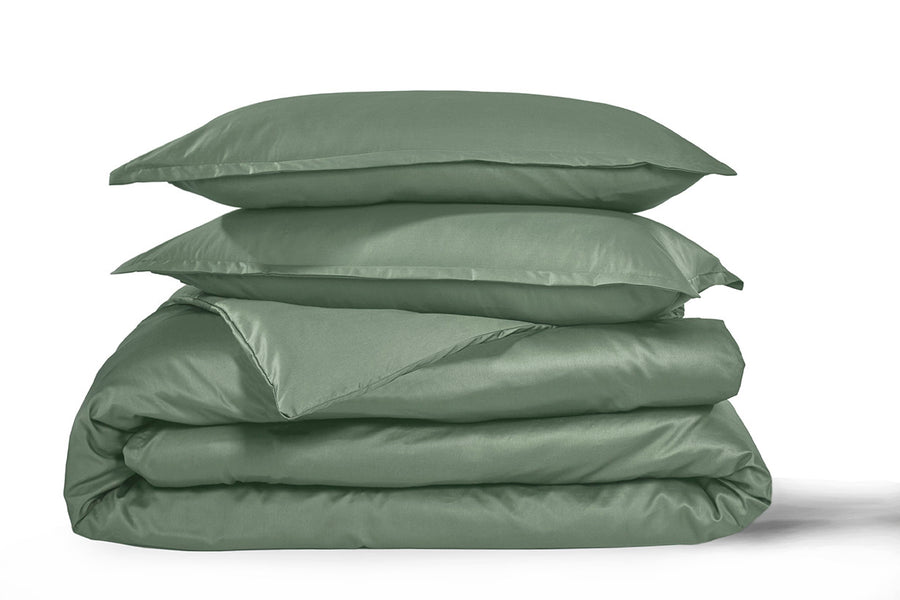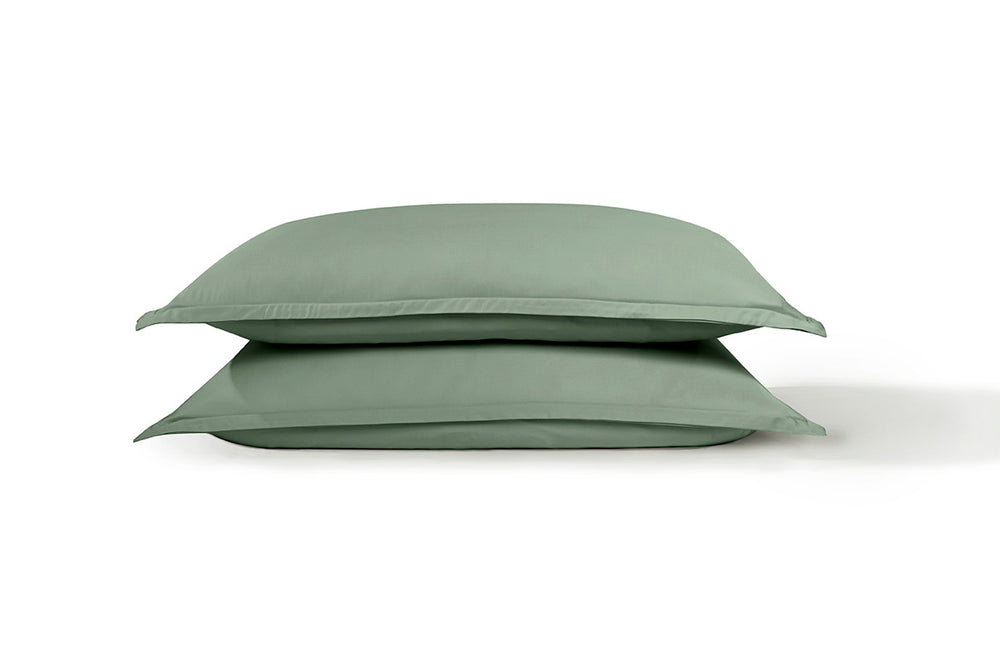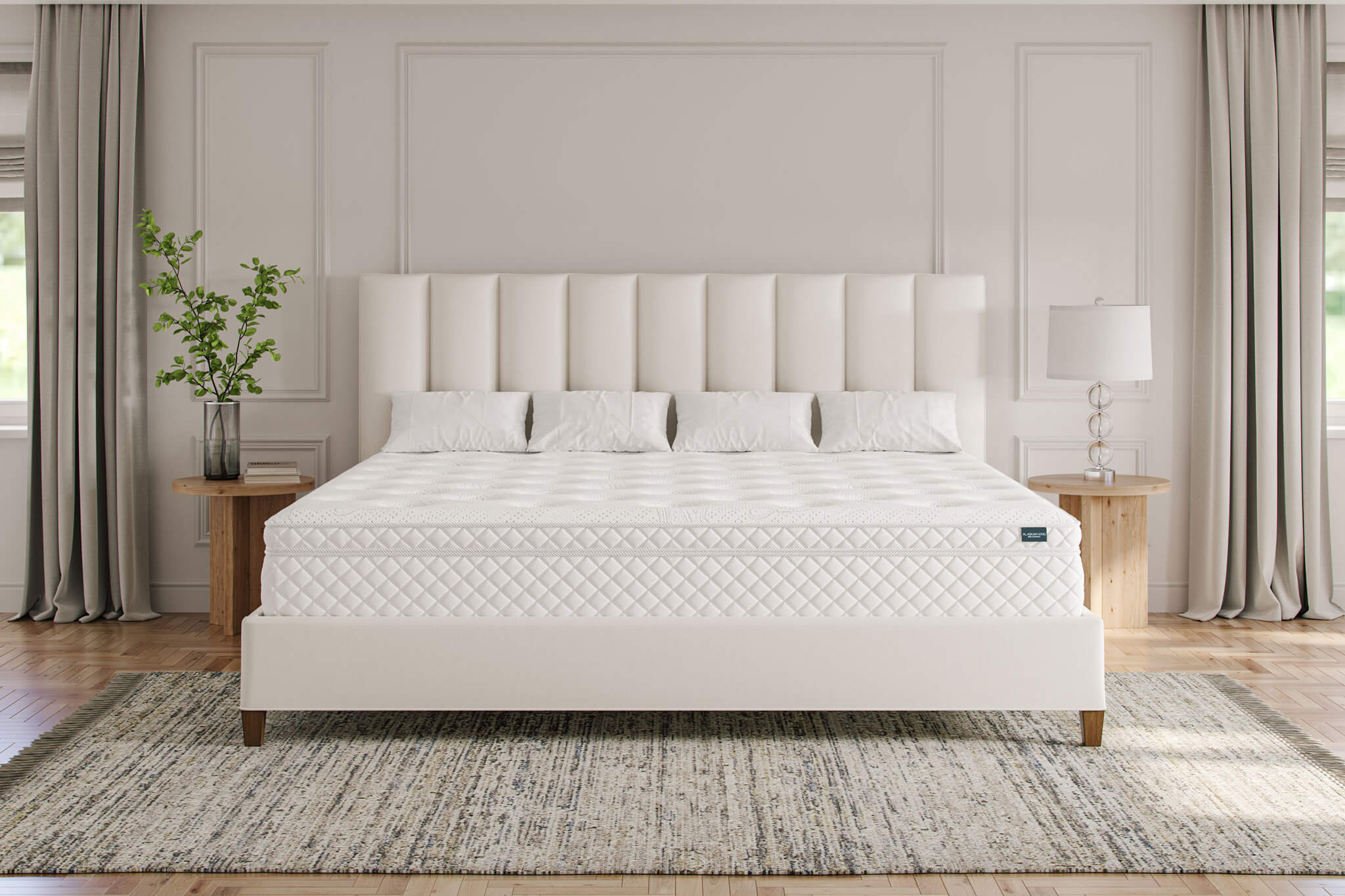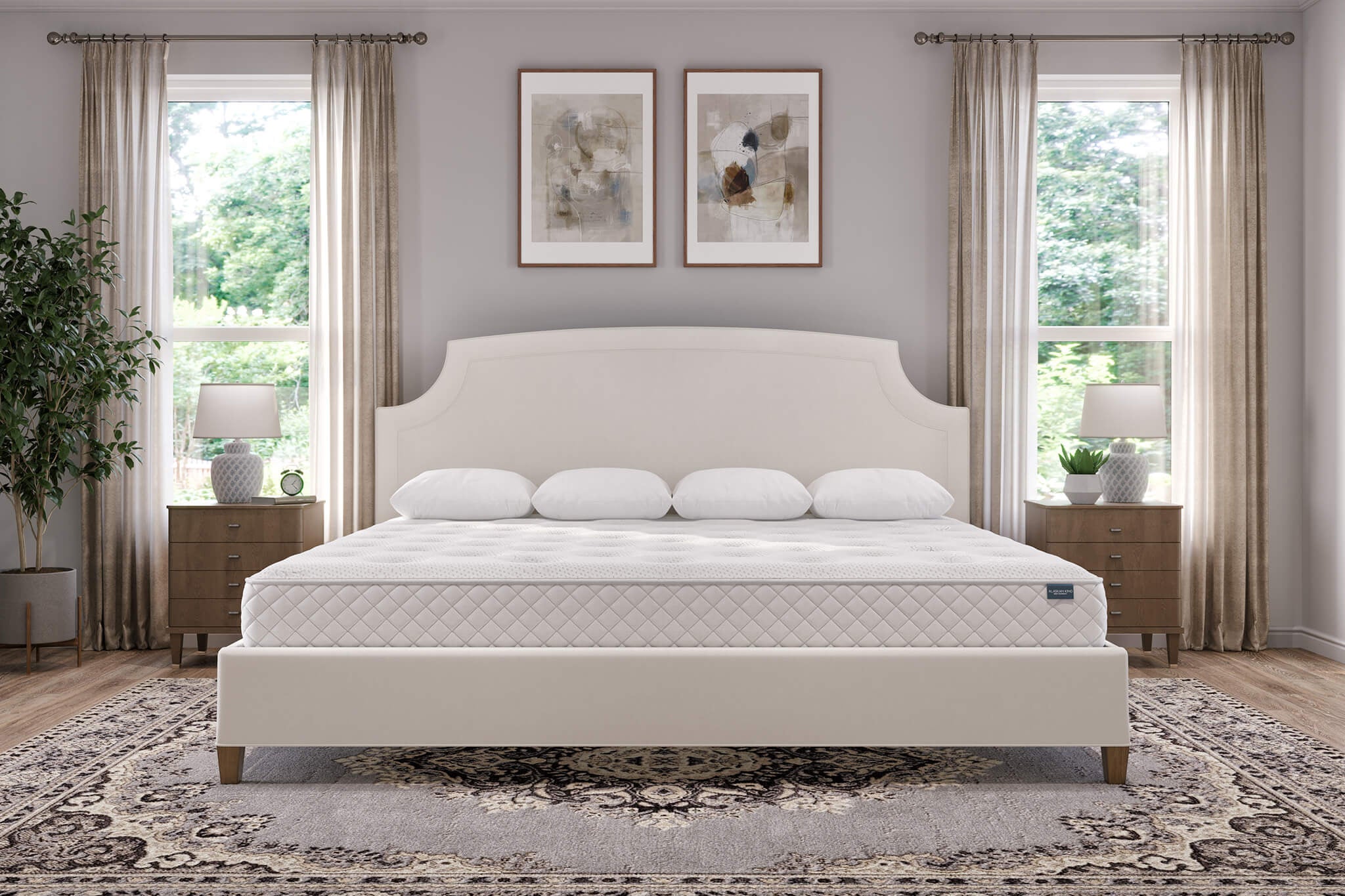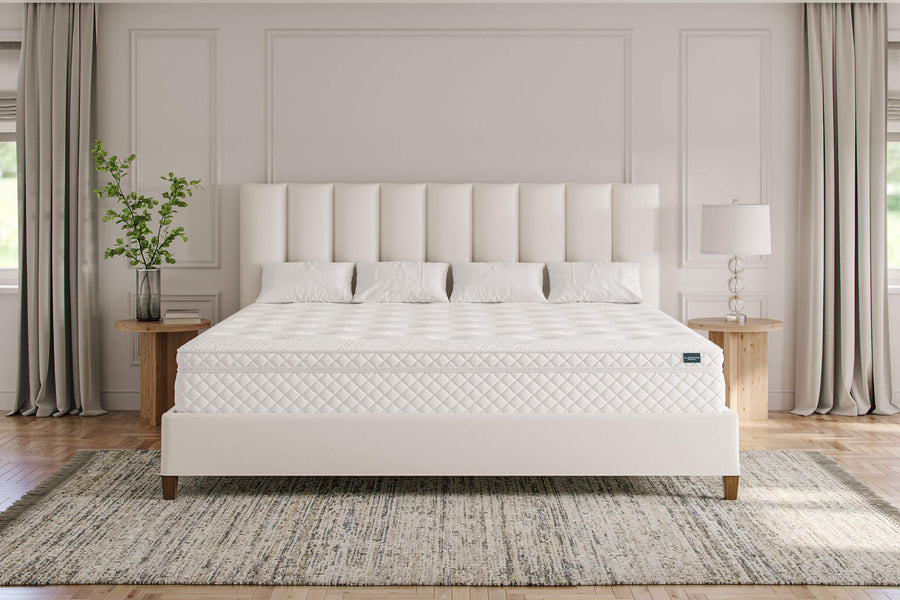Weekend Bed Habits: Cozy or Counterproductive?
The sun’s peeking in, the house is quiet, and for once, no one has to be anywhere at 7:00 AM. So, what do you do?
Pull the covers over your head and sink deeper into that perfect cocoon of pillows, limbs, and leftover dreams. Maybe your toddler climbs in, your dog claims your legs, and you’re finally not the one who has to make breakfast first.
It feels amazing. Like your body’s whispering, “Yes… This is what we needed.”
However, while sleeping in feels like self-care, it might actually be messing with your sleep more than it’s helping.
Let’s talk about the science behind your beloved weekend lie-ins and how to enjoy that oversized bed without throwing your sleep schedule into chaos.
Why Sleeping In Feels So Good (But Comes With a Cost)
There’s no denying it, sleeping in feels like the ultimate luxury. Especially after a long week of early alarms, rushed mornings, and bedtime battles. Your body finally gets the message that it’s safe to rest.
There’s even some real science behind that ahhh feeling.
When you extend your sleep on the weekend, your body is making up for the accumulation of missed rest throughout the week. You might feel more alert, in a better mood, or even more focused. That’s because your brain and body are catching up on vital functions like memory consolidation, immune repair, and hormone regulation.
So… what’s the problem?
The cost comes when your internal clock gets confused. When you sleep in several hours past your usual wake time, it shifts your natural sleep-wake cycle and throws off your ability to fall asleep on time Sunday night. Which makes Monday morning a drag. Then the cycle starts all over again.
This phenomenon has a name (and its own section next): social jet lag. And yes, it’s similar to how standard jet lag wrecks sleep.
Sleeping in feels great in the moment, but if you’re constantly swinging between “up at 6 AM” and “sleeping ‘til 10,” you’re not giving your body the stability it needs to stay truly rested.
Weekend Jet Lag Is a Real Thing
If you've ever woken up groggy on a Monday, even after sleeping in all weekend, you’ve experienced what experts call social jet lag.
Social jet lag happens when your weekend sleep schedule drifts too far from your weekday one. Kind of like flying to a different time zone and expecting to feel great the next morning. Your internal clock gets confused, and it can take days to recalibrate.
The culprit is staying up later, sleeping in later, and throwing off your circadian rhythm. Your body still releases hormones, digests food, and triggers sleepiness based on the rhythms it’s used to. When you shift your sleep by a few hours, your body doesn’t adapt instantly, so you end up feeling sluggish, foggy, or wired at the wrong times.
This inconsistency can lead to:
- Difficulty falling asleep Sunday night
- Trouble waking up Monday morning
- Mood swings and irritability
- Brain fog or slower reaction times
- Lower sleep quality overall
The bigger the gap between your weekday and weekend schedule, the harder it is to hit that deep sleep and bounce back. If you’re already low on sleep during the week, weekend jet lag just adds to the chaos.
The Myth of Catching Up on Sleep
We’ve all said it: “I’ll catch up on sleep this weekend.”
However, sleep doesn’t work like a bank account.
While sleeping in after a rough week can make you feel temporarily better, it doesn’t fully erase the effects of chronic sleep deprivation. You can’t just pull three all-nighters and expect two 10-hour snoozes to fix it. Research shows that even a weekend of makeup sleep doesn’t undo the negative effects of sleep deprivation.
Why? Because sleep debt isn’t a simple subtraction problem.
Your body needs consistent, high-quality rest to function properly, especially when it comes to memory, metabolism, and immune health. Missing sleep disrupts all of that, and while a long nap or lazy Sunday morning might feel good in the moment, it doesn’t undo the underlying fatigue.
What’s more, catching up on sleep by shifting your schedule often leads to the jet lag we mentioned earlier. So, while it’s tempting to sleep until noon, doing so might make it even harder to fall asleep that night and the cycle starts all over again.
The better strategy is to aim for steady, solid sleep every night.
How to Use Your Alaskan King for Better Family Sleep
A giant bed means more possibilities. When you’re trying to improve your family’s sleep, how you use that space can make a real difference.
Here’s how to make the most of your Alaskan King to support better rest for everyone:
- Ditch the overcrowding. Instead of squeezing into a too-small bed where elbows and knees fly all night, give each person (and pet!) room to stretch out. You’ll all wake up feeling less stiff, less cranky, and more rested.
- Create cozy zones. Use different blankets or pillows to create mini “nests” within the bed. It helps kids feel secure and can cut down on middle-of-the-night collisions.
- Keep a consistent sleep environment. Whether it’s mom, dad, toddler, or teen in bed, stick to the same cues: dim lights, quiet time, a calming scent, and minimal noise. The goal is for the whole bed to feel like a calm, consistent signal that it’s time to wind down.
- Make room for reconnection. Before falling asleep, use the bed as a place to check in with cuddles, storytime, or a few quiet minutes of conversation to help settle everyone emotionally before drifting off.
- Plan for growth. Whether your kids are getting older or your routines are evolving, an oversized bed gives you the flexibility to adapt without starting from scratch.
When Sleeping In Does Make Sense
Okay, so we’ve covered why sleeping in can mess with your sleep rhythm, but sometimes, it does make sense.
There are times when letting yourself (or your kids) sleep in can be helpful, even necessary:
- After illness: If someone’s recovering from a cold, flu, or even just a particularly stressful week, a little extra sleep can support immune function and healing.
- During growth spurts: Kids and teens need more sleep during physical or developmental milestones. If they’re sleeping longer on weekends, it could be their body asking for what it needs.
- Following sleep deprivation: If you’ve had a few nights of truly disrupted or minimal sleep, like after a red-eye flight, a newborn waking up every two hours, or a deadline that kept you up all night, an extra hour or two can help with short-term recovery.
- Mental health check-ins: Sometimes the body needs more rest after emotional exhaustion, grief, or burnout. Giving yourself grace to sleep in during tough times can be a form of self-care.
The key is moderation. An extra hour or two is totally fine. However, if you or your kids are regularly sleeping until 11 AM on weekends and dragging by Monday, it might be time to reassess.
Still Want to Lounge? Here’s a Better Way
You don’t have to give up your weekend slow mornings entirely, just rethink how you do them.
Instead of hitting snooze for three hours and waking up groggy at noon, try this:
- Wake up at your usual time, but stay in bed. Let the family cuddle a little longer, sip coffee under the covers, or read together before starting the day. You’ll still get that cozy, lazy-morning vibe without throwing off your body clock.
- Make it a “rest morning” instead of a sleep-in. The goal is relaxation, not oversleeping. Light a candle, open the blinds, and enjoy the peace of a slower start without disrupting your rhythm.
- Take a midday nap instead. If you really need extra rest, a 20-30 minute nap early in the afternoon can boost energy and mood without sabotaging your sleep schedule.
- Do breakfast in bed. It doesn’t have to be fancy – toast and jam, pancakes from a box, or even leftover pizza. A lazy breakfast in your Alaskan King bed can be just as restorative as sleeping in, and way more fun.
- Use your bed as a lounge zone. Pile on the pillows, grab your books or tablets, and turn the bed into a weekend hangout space. That way, you’re not in a rush to leave the comfort, but you’re also not throwing off your whole day.
Cozy With a Side of Consistency
You don’t have to choose between good sleep and weekend comfort. The truth is, your bed can be a sanctuary and a support system.
By sticking to a consistent sleep schedule, being intentional with your lounging, and making the most of your Alaskan King, you can enjoy the best parts of lazy weekends without sabotaging your sleep for the rest of the week.
So go ahead, cuddle up with the kids, sip that coffee under the covers, and stretch out like a starfish. Just don’t hit snooze on the science.
If you want to upgrade your weekend routine, an Alaskan King bed gives your whole family room to relax, reconnect, and rest well.


